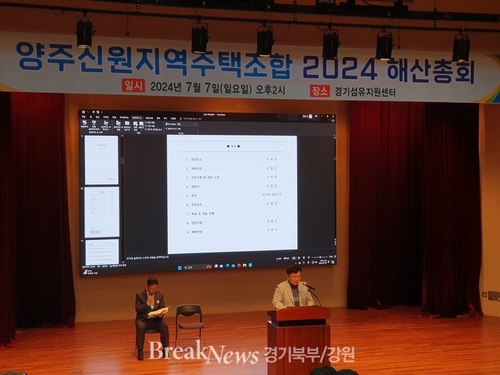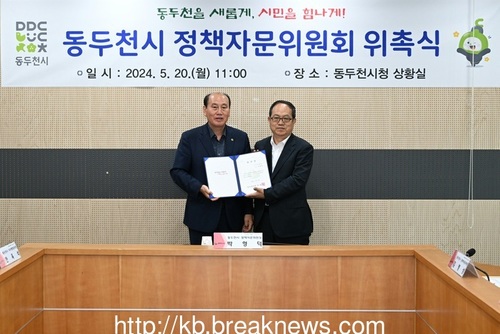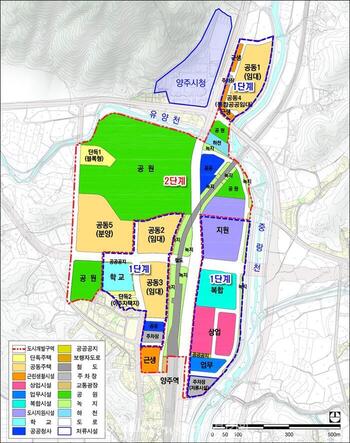의정부을지대병원, 단백뇨 및 신장기능과 신장암 위험도 간의 상관관계 첫 규명
단백뇨 중증도 따라 신장암 정기검진 및 추적관찰 필요
의정부을지대병원, 단백뇨 및 신장기능과 신장암 위험도 간의 상관관계 첫 규명단백뇨 중증도 따라 신장암 정기검진 및 추적관찰 필요
[김일중 기자 = 경기북부/강원] 의정부을지대학교병원 비뇨의학과 박진성 교수가 신장 기능 및 단백뇨, 그리고 두 인자의 병합 효과와 신장암 발병 위험 간의 연관성을 규명했다고 전했다.
흔한 비뇨기암 중 하나인 신장암은 국내외 연구를 통해 말기 만성신장질환과의 연관성은 밝혀졌으나, 경증 만성신장질환 및 단백뇨와의 연관성은 잘 알려져 있지 않았다고 했다.
박진성(의정부을지대학교병원 비뇨의학과), 신동욱(삼성서울병원 가정의학과), 전소현(삼성서울병원 국제진료센터) 교수 공동연구팀은 2009년 국가건강검진을 시행 받은 대한민국 성인 9,809,317명의 후향적 코호트를 대상으로 사구체여과율(eGFR)로 평가한 신장 기능, 단백뇨 및 이 두 인자의 병합 효과와 신장암 발생간의 연관성을 분석했고, 신장암 발생에 영향을 줄 수 있는 교란 요인은 모두 보정했으며, 980여만명의 대상자를 평균 7.3년간 추적 관찰 시 10,634명이 신장암으로 진단된 것을 확인했다고 전했다.
연구 결과 신사구체여과율이 낮은 대상자들은 정상 신장기능군에 비해 신장암의 발생 위험도가 유의하게 높았고, 또한 단백뇨 정도와 신장암 위험도 간에는 명확한 양의 상관 관계를 보였으며, 특히 신사구체여과율과 단백뇨의 병합 효과를 분석했을 때, 단백뇨가 있으면 신사구체여과율 감소에 따른 신장암 위험도가 더욱 현저하게 상승되는 것을 확인했다고 했다.
박진성 교수는 “단백뇨는 만성신장질환 발병 위험성을 파악하는 독립적인 지표로 활용되고 있으나, 신장암과의 연관성에 대한 연구는 매우 부족한 편”이라며 “이번 연구를 통해 만성신장질환 환자에 대한 사구체여과율 및 단백뇨 중증도에 따라 신장암의 정기검진 및 추적관찰 등 개별화된 진료 접근방식을 고려해야 한다”고 설명했다.
* 아래는 위 기사를 '구글 번역'으로 번역한 영문 기사의 [전문]이다. * Below is the [full text] of an English article translated from the above article as'Google Translate'.
Uijeongbu Eulji University Hospital, the first investigation of the correlation between proteinuria and renal function and the risk of kidney cancer
“Required regular check-up and follow-up for kidney cancer depending on the severity of proteinuria”
[Reporter Il-jung Kim = Northern Gyeonggi/Gangwon] Professor Park Jin-seong of the Department of Urology at Uijeongbu Eulji University Hospital said that he had identified the relationship between kidney function and proteinuria, the combined effect of the two factors, and the risk of kidney cancer.
Renal cancer, one of the most common urinary cancers, has been found to be related to end-stage chronic kidney disease through domestic and international studies, but the association with mild chronic kidney disease and proteinuria is not well known.
The joint research team of Professors Jinseong Park (Department of Urology, Uijeongbu Eulji University Hospital), Dongwook Shin (Dept. of Family Medicine, Samsung Seoul Hospital), and Sohyeon Jeon (International Medical Center, Samsung Seoul Hospital) conducted a retrospective cohort of 9,809,317 Korean adults who underwent a national health checkup in 2009. The association between renal function, proteinuria, and the combined effect of these two factors, as evaluated by eGFR, and the incidence of renal cancer was analyzed, and all confounding factors that could affect the incidence of renal cancer were corrected. After follow-up for an average of 7.3 years, 10,634 people were confirmed to have been diagnosed with kidney cancer.
As a result of the study, subjects with low GFR had a significantly higher risk of developing kidney cancer compared to the normal renal function group. Also, there was a clear positive correlation between the degree of proteinuria and the risk of kidney cancer, especially the combination of GFR and proteinuria. When analyzing the effect, it was confirmed that the presence of proteinuria significantly increased the risk of kidney cancer due to a decrease in the glomerular filtration rate.
Professor Park Jin-seong said, “Although proteinuria is being used as an independent indicator to determine the risk of developing chronic kidney disease, studies on its association with kidney cancer are very scarce. Depending on the severity of proteinuria, an individualized treatment approach such as regular screening and follow-up for kidney cancer should be considered.”
이 기사 좋아요
<저작권자 ⓒ 브레이크뉴스 경기북부 무단전재 및 재배포 금지>

댓글
김일중 기자, 의정부시, 의정부을지대병원, 박진성 교수, 단백뇨, 신장 기능, 신장암, 만성신장질환, 사구체여과율 관련기사목록
|
많이 본 기사
경기북부 많이 본 기사
|





























